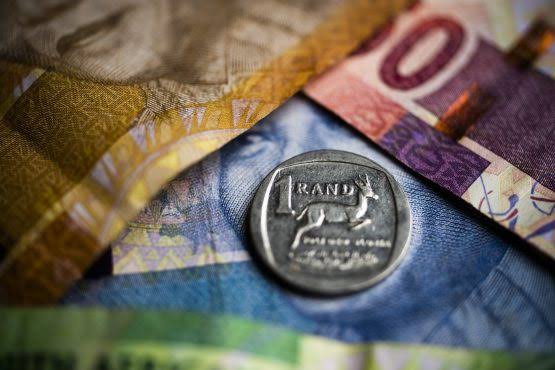News
Confessions and Consequences: How Bank Employees Allegedly Stole Millions from Clients

Teller Admits to Multi-Million Rand Fraud
A shocking case of bank fraud has emerged from Mpumalanga, where a bank teller, Bonginkosi Praise Khoza, 28, has admitted to embezzling nearly R4 million from client accounts. Khoza, who pleaded guilty on September 4, 2025, is now awaiting sentencing, scheduled for November 13, 2025.
The theft allegedly involved Khoza, a bank manager, Selby Khoza, and fellow teller Winny Mashaba, who reportedly conducted unauthorized transactions totaling R3,950,941 back in August 2016. Their arrest came a year later, after a coordinated investigation by the Hawks’ serious commercial crime unit.
Lieutenant Colonel Magonseni Nkosi, spokesperson for the Hawks in Mpumalanga, confirmed the developments, highlighting that the other two accused still maintain their innocence and will appear in court alongside Bonginkosi for sentencing.
A Multi-Agency Investigation
The investigation spanned several years and involved multiple agencies, including:
-
Hawks’ Serious Commercial Crime Investigation Unit
-
Priority Crime Specialised Investigation Unit
-
Financial Intelligence Centre
-
Bank investigators
-
National Prosecuting Authority (NPA)
Major General Nico Gerber, provincial head of the Hawks, praised the professionalism of the teams involved, promising that justice will be served for all affected clients.
This case is not isolated. It echoes other insider fraud incidents, such as the 2024 conviction of Lusanda Gloria Qose, a former FNB sales and service consultant in Gqeberha, who siphoned R245,000 from a vulnerable 68-year-old client over three months. Qose exploited her access to internal banking systems, diverting the client’s One-Time-Pin (OTP) to herself and creating a duplicate bank card to execute unauthorized transfers. She was subsequently sentenced to five years in prison, underscoring the serious consequences of abusing internal bank privileges.
Public Confidence Under Threat
Cases like these shake public confidence in South Africa’s financial institutions. Social media reactions have been a mix of outrage and concern:
-
Many clients expressed fears about the security of their savings, especially among older and vulnerable account holders.
-
Banking forums have debated the need for stricter internal controls and improved oversight of staff access to sensitive systems.
Experts say that insider fraud is particularly difficult to detect because employees like tellers and branch managers have legitimate access to accounts, allowing them to bypass normal security measures.
Lessons for the Banking Sector
The Khoza and Qose cases highlight systemic risks that banks must address:
-
Stronger internal auditing and transaction monitoring
-
Enhanced employee vetting and background checks
-
Continuous cybersecurity and fraud awareness training
“The human factor remains the weakest link in financial security,” says a banking analyst familiar with these cases. “Even the best IT systems can be undermined if staff misuse their access.”
As Bonginkosi Khoza awaits sentencing, financial institutions across South Africa are under pressure to reassess safeguards against insider fraud. Meanwhile, victims of these crimes, often ordinary clients, face the emotional and financial toll of breaches of trust.
The hope is that cases like this serve as a wake-up call to both the banking sector and regulators: the fight against financial crime is ongoing, and robust internal controls are essential to protect the public.
{Source: IOL}
Follow Joburg ETC on Facebook, Twitter , TikTok and Instagram
For more News in Johannesburg, visit joburgetc.com



























